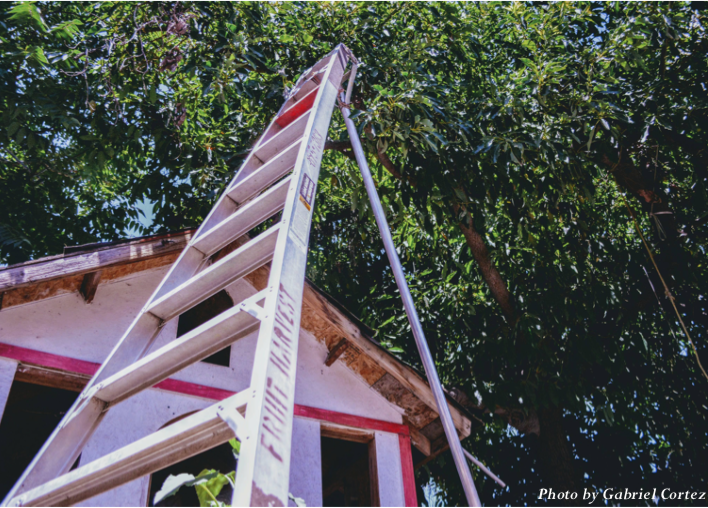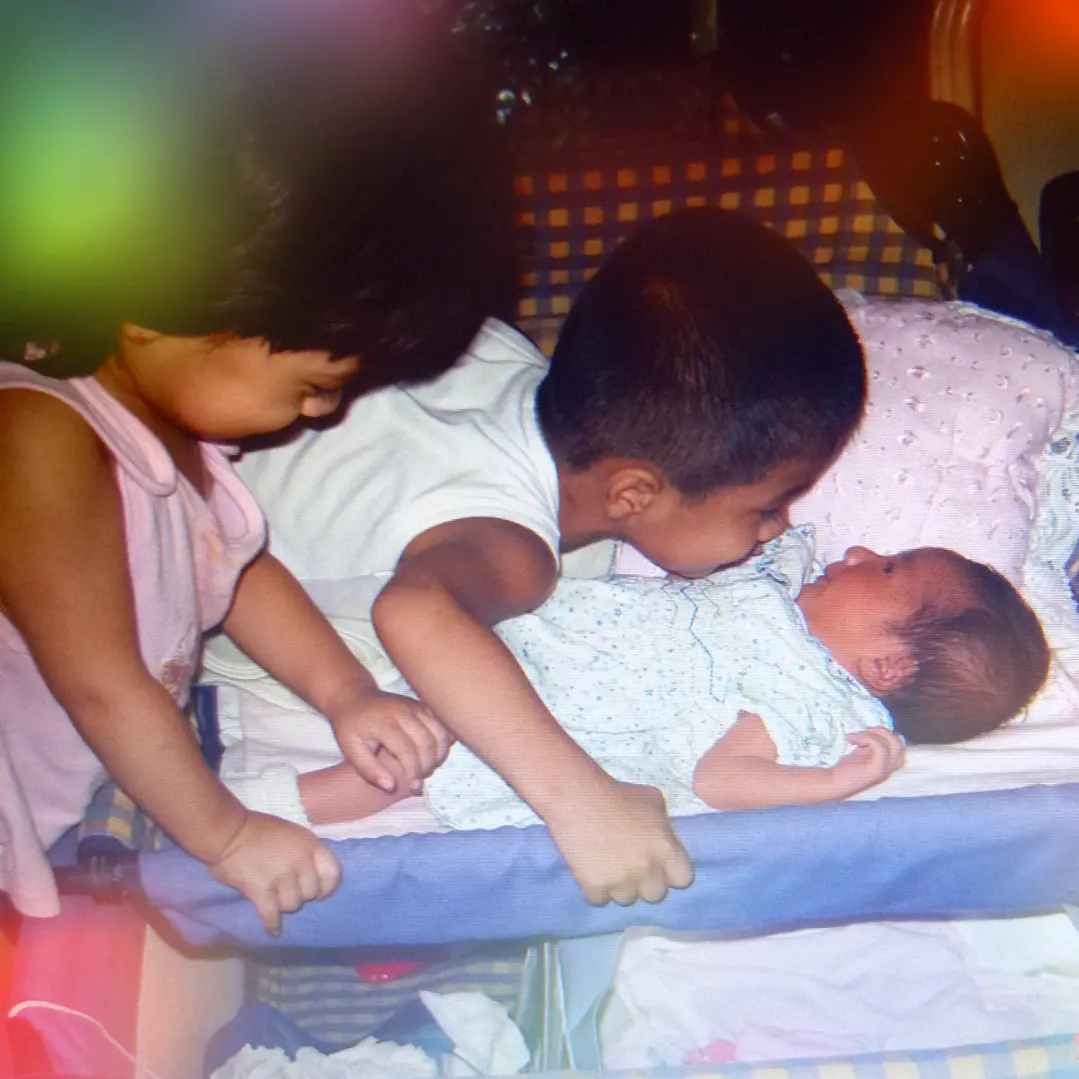 Imagine being 10-years-old when your parent tells you, “From now on, buy your own school supplies.”
Imagine being 10-years-old when your parent tells you, “From now on, buy your own school supplies.”
This happened to me in the fifth grade.
So, with a bag of stickers and sweets that I sold, I bought my own notepads, erasers and pencils.
Two years later, I began to work cutting grapes during my summer breaks.
This time, I was working for my own clothes, since I didn’t have many that fit right. Everything I needed, I paid for or did for myself. My mother told me it was because men have to work to support their wives. My father just said, “Don’t you like having money?
What my father told me always made sense to me, but my mother’s reply is what first made me question gender roles.
My sister stayed home during her summers. She never had to worry about where her clothes would come from, since my mother, aunts and grandmother took her shopping every other week. I never thought much about how different I had it until it became every other week of the summer to every day.
Nine hours under a torrid summer sun, seven days a week for two months out of my year made me wonder why I had to work while my sister had things handed to her.
Now, when I think about where I picked up toxic tendencies – aside from the media – I realize my mother was one of the main people who instilled gender roles in me at an early age.
Questions like, “Why don’t you have a girlfriend?” or “When are you going to get a job and pay your rent?” and “Why don’t you get a girlfriend to cook for you?” always made me question my manhood and become defensive about whether I was masculine enough.
I wasn’t interested in dating, and that made me a target for ridicule and defamation. Rumors and lies about my sexuality didn’t bother me as much as male peers pointing out how I’m a virgin who “can’t get none”.
The feeling of male inadequacy that festered inside of me was also accompanied by the stoic toxic male self- sufficiency my parents had instilled in me.
For years, I bottled up feelings and ignored my better judgement. I got involved in perilous situations in an attempt to prove myself as a man. Until the day came.
I was standing on a corner up to no good, when a friendly felonious face from elementary school saw me and approached quietly, staggered by disbelief. He spoke non-stop for what seemed like hours, scolding me about how I was supposed to turn out better than him and his scofflaw brothers.
He invited me to the house he just bought down the street for a gourmet meal. Afterwards, we go up to the balcony to catch up. Turned out, he changed his life and became a chef for a hotel downtown and had put crime behind him. He gives me the equivalent of a drunk uncle’s life lessons talk.
He reminded me about all the good things I did growing up based on what I thought was right and how I never wanted to be recognized for it. I’ll never forget what he said to me. It really put things into perspective for me.
He summed it all up with, “Don’t ever let people make you second guess your identity. You alone know how much salt to sprinkle on the steak boy. Don’t let them tell you otherwise, ya feel me?”
Since then, I have put all of those experiences into a positive perspective. I’ve come to this conclusion: my experiences made me overly self-reliant and self- conscious about my masculinity, making me stray from the more open and empathetic person I used to be, but they also instilled good qualities like an excellent work ethic.
I’m still working through the good and the bad from my past and, if people don’t always understand my masculine mannerisms, I’ll just tell them to imagine being 10-years-old and having your parents tell you, “From now on, buy your own school supplies.”


